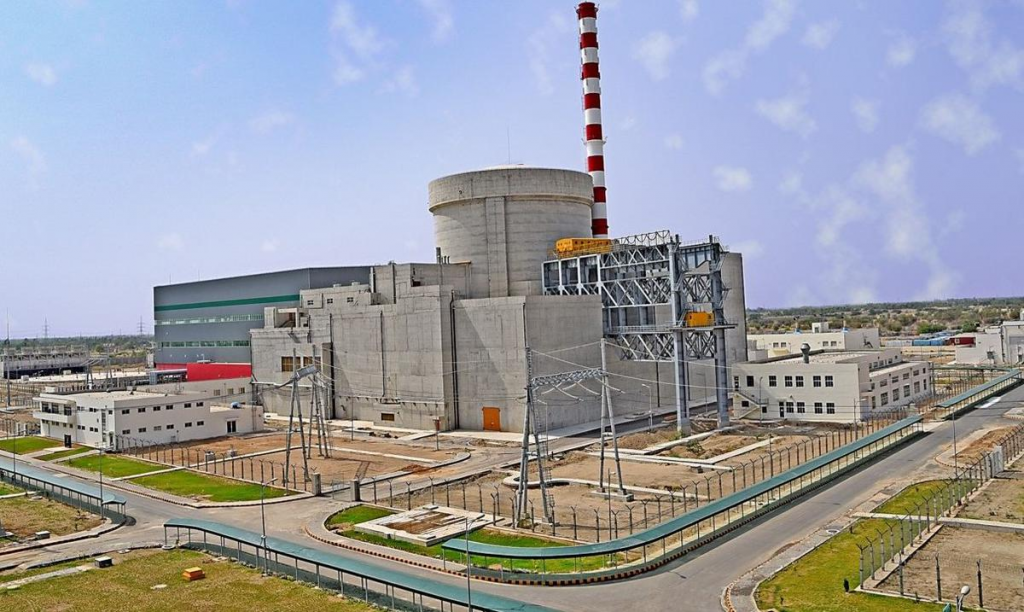
The China-Pakistan nuclear deal has sparked significant debate and raised concerns regarding its compliance with global rules. In this article, we will delve into the intricacies of the deal, examining its potential implications and assessing whether it violates international norms. By understanding the nuances of this agreement, we can gain a clearer perspective on its impact and the broader geopolitical implications it may entail.
Understanding the China-Pakistan Nuclear Deal
The China-Pakistan nuclear deal, formally known as the Cooperation Agreement for Civilian Nuclear Technology, was signed in 2010. Under this agreement, China has pledged to provide Pakistan with nuclear technology, including the construction of nuclear power plants. The deal aims to address Pakistan’s growing energy needs by diversifying its energy sources and reducing its dependence on fossil fuels.
Examining the Concerns
Critics argue that the China-Pakistan nuclear deal raises several concerns from a global perspective. Let’s explore these concerns in detail:
1. Nuclear Non-Proliferation Concerns
One of the primary concerns is related to nuclear non-proliferation. Pakistan is not a signatory of the Treaty on the Non-Proliferation of Nuclear Weapons (NPT), which aims to prevent the spread of nuclear weapons. Critics argue that providing nuclear technology to a non-NPT country like Pakistan undermines the principles of non-proliferation.
2. Security and Stability in the Region
The China-Pakistan nuclear deal also has implications for regional security and stability. Pakistan and India, both nuclear-armed nations, have a history of tense relations and conflicts. The deal could potentially fuel an arms race in the region, further escalating tensions between these neighboring countries.
3. Impact on India
India, a regional rival of Pakistan, has expressed concerns about the China-Pakistan nuclear deal. It sees this collaboration as a strategic move that strengthens Pakistan’s nuclear capabilities, which could tip the balance of power in the region. India has consistently emphasized the need for a comprehensive and non-discriminatory approach to nuclear cooperation.
4. International Legal Framework
The China-Pakistan nuclear deal also raises questions regarding its compatibility with the international legal framework. Critics argue that the agreement violates the guidelines set by the Nuclear Suppliers Group (NSG), an international body that regulates nuclear exports. The NSG guidelines require recipient countries to be NPT signatories, which Pakistan is not.
Assessing Compliance with Global Rules
While concerns have been raised, it is important to assess whether the China-Pakistan nuclear deal actually violates global rules. This assessment involves considering various factors:
1. China’s Stance on Non-Proliferation
China, as a permanent member of the United Nations Security Council, has publicly committed to supporting non-proliferation efforts. It asserts that its nuclear cooperation with Pakistan is for peaceful purposes and aligns with international safeguards. China maintains that it operates in accordance with its international obligations and does not contribute to the proliferation of nuclear weapons.
2. Safeguards and Controls
The International Atomic Energy Agency (IAEA) plays a crucial role in monitoring and verifying the peaceful use of nuclear technology. It has a safeguards agreement with Pakistan, allowing for inspections of its nuclear facilities to ensure compliance with international standards. This agreement provides an additional layer of oversight and accountability.


